MSc Development Studies student Luis Eduardo Gutiérrez Rojas analyses key policies being implemented by newly elected Colombian president Gustavo Petro on issues including industrial development and innovation, poverty alleviation and inequality.
A Spanish translation of this article is available to read here.
“In decades, Colombia has not had an industrial policy and we need to build one. Why? Because industry is the source of wealth”. With these words, Gustavo Petro, the new Colombian president who took office on the 7th of August, addressed the National Business Association of Colombia at its annual summit. This meeting was crucial for the future of Colombia’s economy.
Taking South Korea’s development success in the twentieth century as an example, the leftist president argued that Colombia needs to create a new industrial policy that overcomes the failures of the neoliberal model. However, the president said that the nation faces several challenges that need to be tackled as soon as possible: low productivity levels; inequality and poverty, which hinders development; and institutional capacities for innovation.
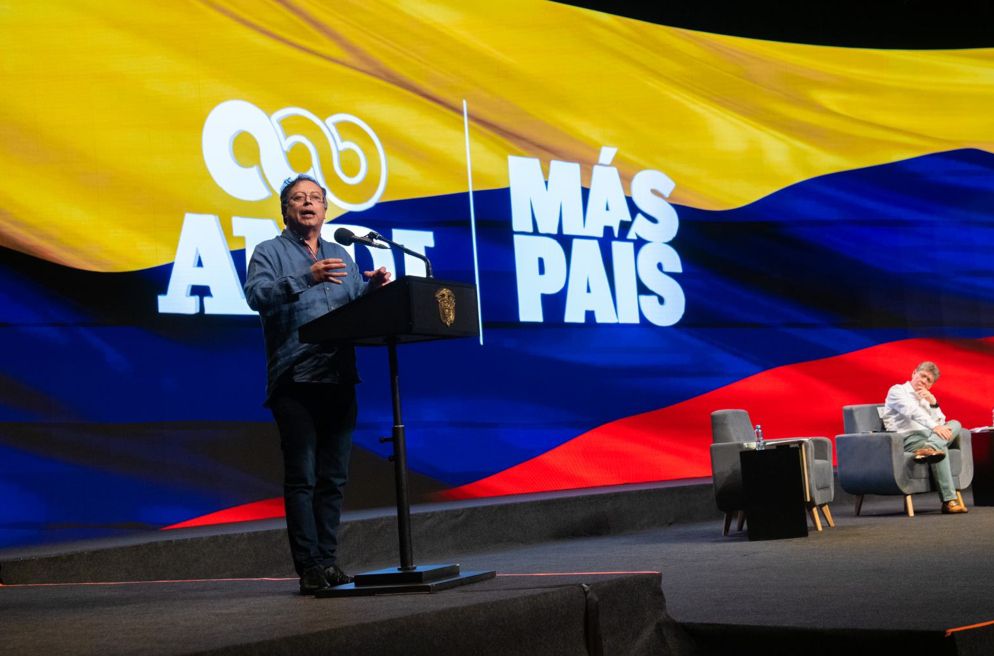
The new president has been handed a country recovering from the effects of the COVID-19 pandemic. In 2021, the GDP grew by more than 10%, and for 2022 the projection is a rate of 12%, the highest in the Latin American region. Employment is also showing signs of recovery: in 2020, the rate closed at 16%, and for the first quarter of 2022, it had been reduced to 11%. However, this rate might not be sustainable, and the increment is still part of a slow recovery process.
Departing from this policy discourse and visiting secondary literature and data, this article will analyse three of the biggest challenges faced by the new president.
Productivity
In the last Regional Human Development Report 2021 by the United Nations Development Programme (UNDP) argued that Latin America is trapped in a vicious circle of high inequality, low economic growth, and low productivity. Colombia does not escape from this reality: according to the World Bank data, between 1960 and 1980, the GDP grew 5.32% on average, whereas in the period between 1990 and 2019, the rate was 3.4%.
The trap is produced mainly by three factors: violence, the concentration of power by some economic and political groups, and the inefficacy of social protection systems. Governments in the region, Colombia included, have been addressing these problems separately, formulating piecemeal policies, short-term plans, and inefficient programmes with poor results.
Inequality and poverty
Poverty alleviation in Colombia has been unsatisfactory since 2012 when the indicator was 40%. The COVID-19 pandemic heightened poverty to 42.5%, and only in 2021dropped back to 39.3%. Although the trend is positive, the statistics show a slow pace of poverty reduction.
With inequality, the situation is even less encouraging. The country has been the second most unequal in Latin America after Brazil in recent years, and again, the COVID-19 pandemic compounded this. From a GINI index of 0.49 in 2017, the number increased to 0.54 in 2020 and now stands at 0.52. Again, though the scenario shows signs of improvement, optimism must be cautious.
Institutional capacities for innovation
Petro has been clear in arguing that a key point in the new industrial policy is the promotion of innovation as a pillar of development. Despite being one of the continent’s biggest economies, Colombia is still highly dependent on raw material exports. According to the Atlas of Economic Complexity produced by Harvard University, the country is one of the least complex and has an economic structure based mainly on minerals (Oil and Coal). On top of that, it is one of the less innovative nations according to the Global Innovation Index produced by the World Intellectual Property Organisation, WIPO, being 6th in the region behind Mexico, Chile, and Brazil.
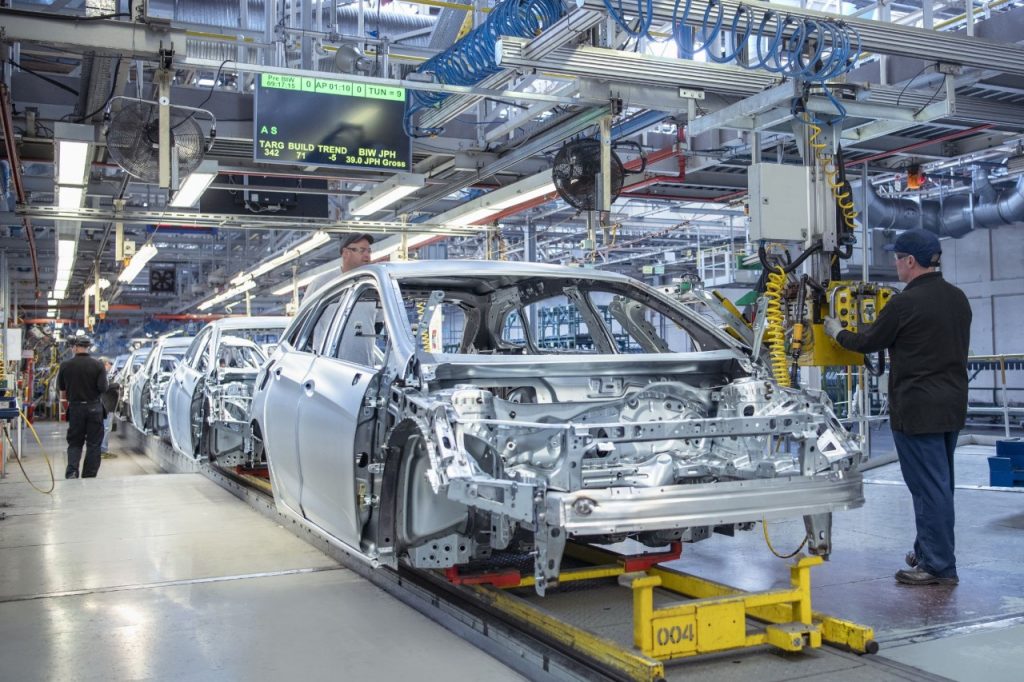
The research and development expenditure is among the lowest in the region: just 0.3% of the GDP in the last decade–compared to the OCED mean was almost 3%. The total number of researchers per million people involved in innovation is just 88 compared with the OECD’s average of 4,,146. New patents are requested mainly by non-residents and the rate is far below that of developed nations. Finally, National Innovation Systems have failed in promoting linkages between different sectors and institutions.
Conclusions: towards a new integral industrial policy?
The new government has proposed several measures to try to break the trap and promote a new industrialisation initiative. Regarding productivity, the president claimed that the state needs to retake a central role in industry planning, reaching what Mazzucato has called “the entrepreneurial state”. In fact, the government wants to establish missions with private actors to promote institutional coordination.
For inequality and poverty, the president claimed that social protection should move slowly towards universalism. One of the first actions proposed is the creation of a Universal Basic Income for people over 65. Another measure is the tax reform which, according to the minister of finance, aims to promote progressivity to reduce the GINI coefficient to 0.49 and poverty by 4%. Some of the changes are: taxes on dividends, on salaries higher than 10 million pesos per month (USD 2.400), on high pensions, on sugary drinks, and the reduction of petrol subsidies, among others.
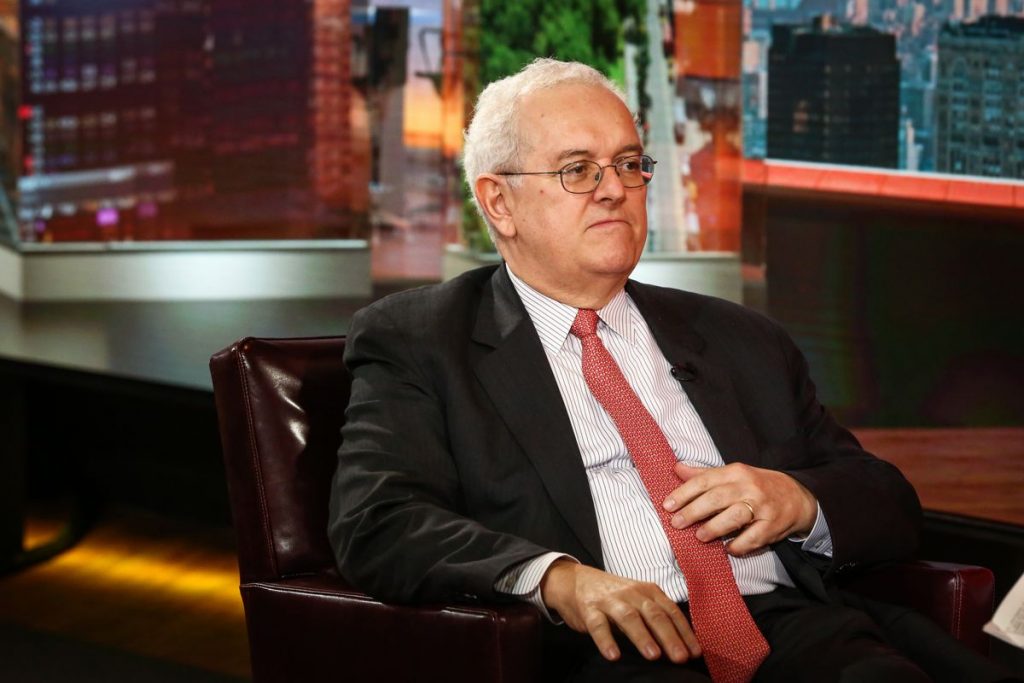
On innovation, The president has stressed the importance of taking a broad perspective. This entails considering innovation not only as Research and Development but as an interactive process between actors with different roles, centring learning and capabilities development within the strategy. Again, the state’s role is essential for strengthening institutions like the National Council of Science, Technology and Innovation, or the recently created Ministry of Science.
Despite the “new industrial policy”, it is not entirely correct to say that Colombia has not had any industrial initiative. Since its economic opening in 1990, the country has been implementing sectoral and regional Productive Development Policies to boost competitiveness. These initiatives have enabled a robust institutional setting where the state and private actors interact for policy formulation. However, the state role is different, being now less a coordinator and more a services provider. Nonetheless, the outcomes of recent industrial policies have generally been poor: in 1976, the manufacturing sector was 24% of the GDP, compared to 12% in 2021; in the last 20 years, the annual growth of this sector has been 3.24%, whereas for the period 1966 – 1980 was 6%; the employment creation in the industry has stagnated since 1991 with 20% of the total employment, in the meantime employment in services has increased by 12%.
There is a long road ahead for the first leftist government to formulate and implement new initiatives regarding industrialisation, innovation, and poverty alleviation. This new administration is taking cues from the developmentalism philosophy that drove industrial policy in twentieth century Latin America, however, it must be adapted to meet the new challenges of the 2020s.
The views expressed in this post are those of the author and in no way reflect those of the International Development LSE blog or the London School of Economics and Political Science.


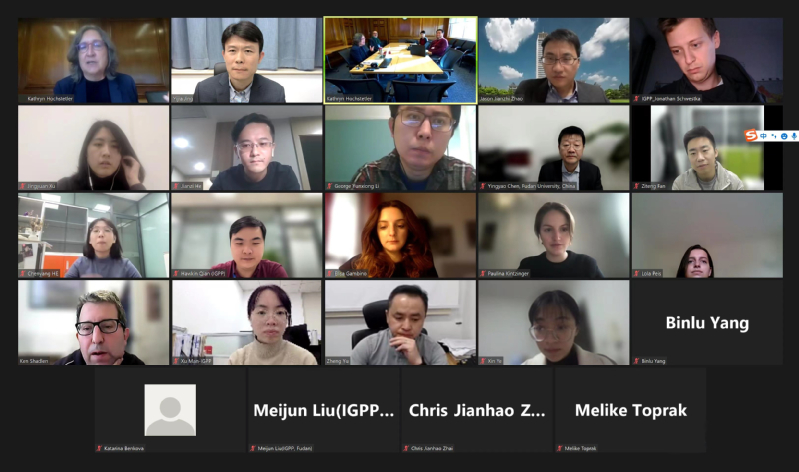
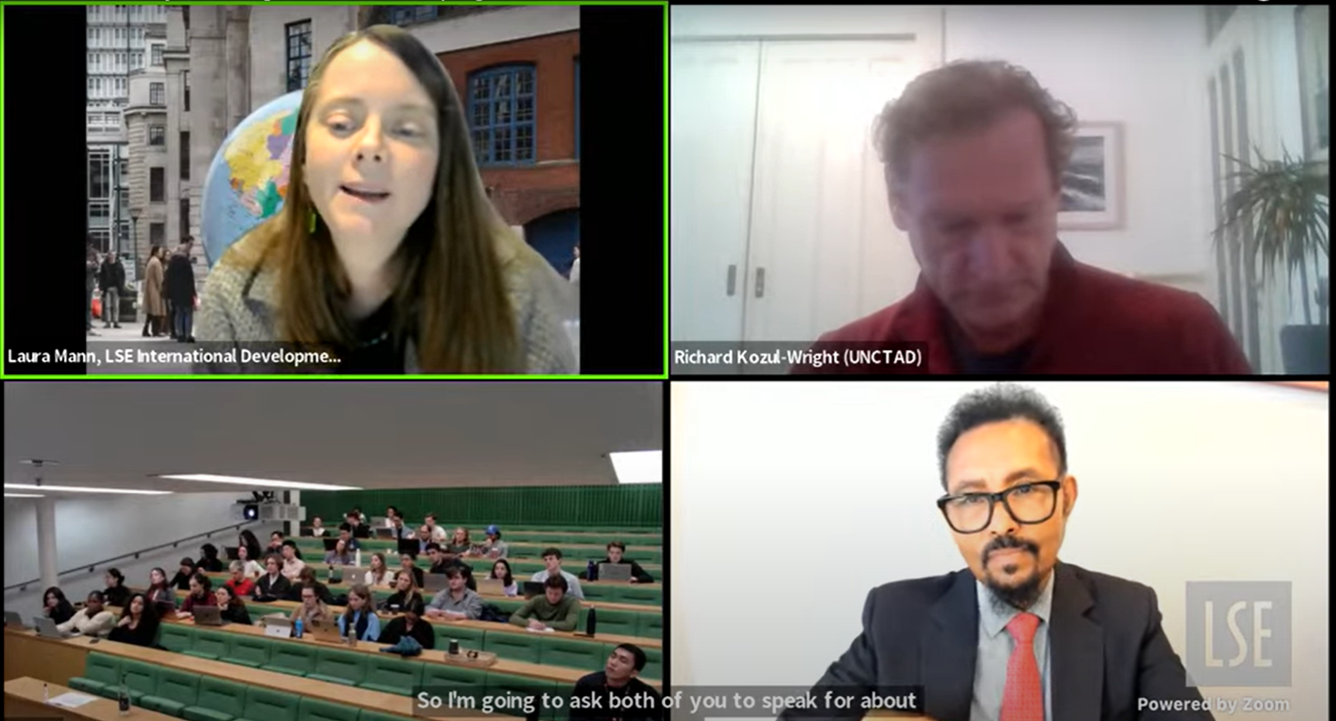


Great blog Luis – let’s hope this new industrial policy can be combined with the kinds of transformational social policies needed to address inequality